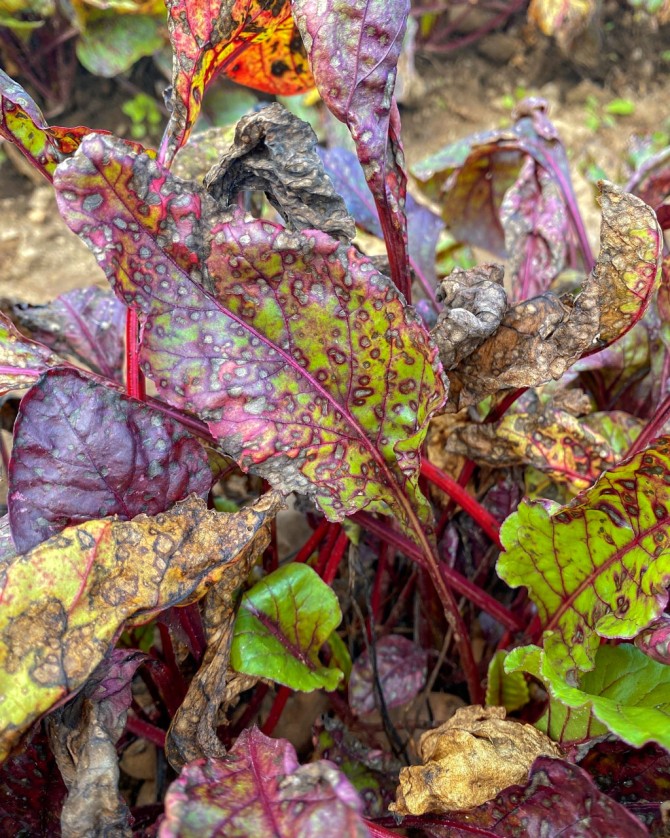Parents of babies are leading the way in getting free meningococcal B vaccinations for their children but now older kids need to follow suit, SA Health data reveals.
As we approach the one year mark of the Marshall Liberal Government’s free program this week, data shows more than 180,000 vaccines have been provided to over 500 providers across the state.
Minister for Health and Wellbeing Stephen Wade said that, while the uptake through the School Immunisation Program and in babies aged less than 12 months had been encouraging, we are now urging parents of other age groups to follow that example.
“The statistics suggest this program has already saved children from illness and possibly has already saved lives,” Minister Wade said.
“We estimate 87 percent of babies less than 12 months have received the vaccine, however the uptake of the catch-up program in children aged between one and four could be improved.”
The data shows only about half of South Australian children aged 1-4 years have had their free vaccine to date.
“The childhood catch-up program is coming to an end this year, and I am urging all families with eligible children to speak to their GP or immunisation provider about receiving the vaccine.” Minister Wade said.
“It can be difficult for families to find the time to fit this into their busy schedules, but we urge parents to make this health visit a priority.”
Meningococcal infection is a devastating disease which can result in death or permanent disability and the meningococcal B strain has been responsible for 15 of the 22 cases reported in South Australia this year.
South Australia has the highest rate of meningococcal B in the country and all the evidence shows immunisation is the best defence.
The Meningococcal B Immunisation Program is expected to prevent about 12 cases of meningococcal B disease each year, prevent one death every two years, and reduce the amount of disability experienced by those who survive the disease.
The Department for Health and Wellbeing’s Chief Public Health Officer, Associate Professor Nicola Spurrier, said the vaccination reminder is a timely one, with meningococcal disease being more common in winter and spring.
“It’s not unusual for people to be unwell at this time of the year and the early signs and symptoms of meningococcal disease can be easily mistaken for something else,” Assoc. Prof. Spurrier said.
“While we know it is a rare disease, meningococcal disease can develop extremely rapidly and can be fatal, so it needs to be quickly recognised and treated immediately.
“Symptoms and signs are often nonspecific at first such as headache, fever, loss of appetite, nausea and vomiting.
“Specific symptoms of meningitis then may occur including neck stiffness, dislike of bright light, drowsiness and confusion.
“It is important for parents to recognise that early signs in infants and young children can also be leg pain, cold hands and feet, and abnormal skin colour.
“Infants may have a higher-pitched cry or be difficult to settle and refuse or not wake for feeds.
“The classic sign of meningococcal disease is a rash consisting of small bright red spots or purple spots or unexplained bruises but this can appear late and so it is important to heed the earlier signs and symptoms.
“If these symptoms develop, seek medical care immediately.”
Meningococcal disease can affect anyone at any age; however, it is more common in children under five years of age and in young adults between the ages of 15 to 24 years.
Uptake of the vaccine through the School Immunisation Program delivered in Year 10 and Year 11 has been positive, with about 70 percent of adolescents in Year 10 and Year 11 having received at least one dose of the vaccine.
Coverage in young people aged between 17 and 21 years is significantly lower with an estimated 40 per cent having received at least one dose of vaccine.
The catch-up program in this age group concludes at the end of this year.







